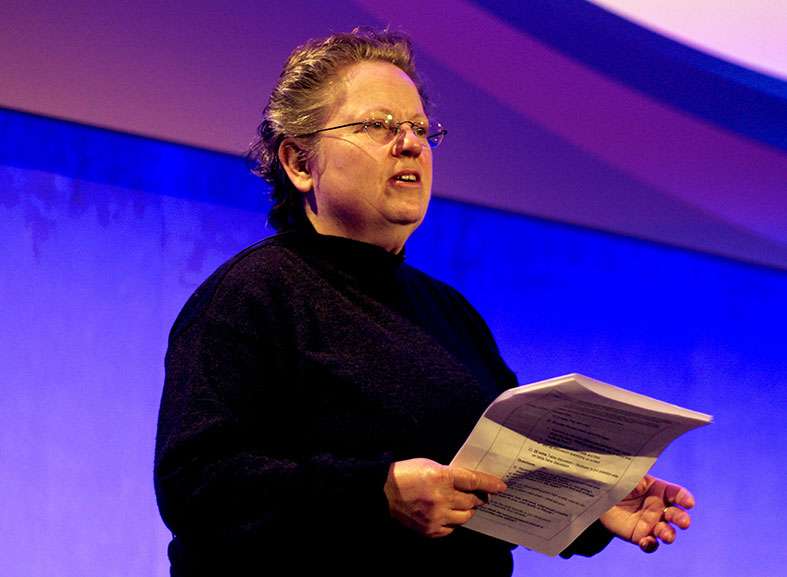Campaigners have warned that up to two million financially struggling older people could lose their annual winter fuel payments under new government plans to limit the benefit to the poorest pensioners.
The changes, part of a broader strategy to address a £22 billion deficit in public finances, were announced by Rachel Reeves in a speech on Monday, July 29 outlining significant spending cuts.
The proposed policy aims to save £1.5 billion but has been met with strong criticism from charities.
They argue that many pensioners, especially those who do not claim the primary qualifying benefit, pension credit, could face “heat or eat” dilemmas this winter due to the loss of payments worth up to £300 a year.
In addition to the winter fuel allowance changes, the Chancellor has also scrapped long-delayed plans intended to protect individuals from having to sell their homes to cover large social care bills.
This decision, projected to save £1 billion annually by 2026, further compounds concerns about the financial security of the elderly.
Potentially millions of affluent pensioners will lose winter fuel payments of between £100 and £300 per person, which are intended to help those aged 67 or older with heating costs during the coldest months.
During the winter of 2022-23, around 11.4 million people received these payments, along with additional one-off cost of living payments of up to £300.
Age UK Slams New Fuel Payment Cuts
Caroline Abrahams, charity director at Age UK, expressed grave concerns.

“Our initial estimate is that as many as 2 million pensioners who badly need the money to stay warm this winter will not receive it and will be in trouble as a result – yet at the other end of the spectrum well-off older people will scarcely notice the difference – a social injustice.
“Means-testing winter fuel payments this winter, with virtually no notice and no compensatory measures to protect poor and vulnerable pensioners, is the wrong policy decision, and one that will potentially jeopardize their health as well as their finances – the last thing they or the NHS needs.”
Caroline Abrahams
Age UK estimates that 800,000 older people on very low incomes — under £218.25 a week for single pensioners and under £332.95 for couples — are eligible for but do not claim pension credit, which will now be the main qualifying benefit for the winter fuel payments. Consequently, many could lose out on this crucial support.
The decision to means test winter fuel payments — a universal benefit available to all state pensioners since 1997 — came as a surprise.
Previous cost-cutting governments have typically avoided cuts that might alienate older voters.
According to the Treasury, the payments will now be targeted at households over state pension age in England and Wales who receive pension credit and universal credit.
Eligible individuals will receive £200, or £300 for those aged over 80. Winter fuel payments are devolved in Scotland and Northern Ireland.
“This will better target support for heating costs at those who need it, while all pensioners will benefit from the government’s commitment to maintain the triple lock for the basic and new state pension in this parliament,” a Treasury document outlining the Chancellor’s plans stated.
Additionally, the government has decided to abandon the long-delayed social care charging reforms, known as the social care cap, due to a lack of funding.
The cap, adopted by then-Prime Minister Boris Johnson in 2021, aimed to prevent pensioners from selling their homes to fund care costs.
It raised the amount of assets a person could have before receiving state funding for social care from £23,250 to £100,000 and capped lifetime care costs at £86,000.
Local authorities have warned that pushing ahead with the cap without additional investment would push some councils into bankruptcy.
READ ALSO: Government’s Controversial Tax Waivers Grant Ignite Legal Battle




















